The world of education has thrown open a plethora of opportunities for youngsters to get skilled, gain employment and move ahead in life. At the same time, to a certain extent, it has failed to address issues concerning society and mankind in general. There is very little human touch in the way in which professionals go about doing their work. This kind of mechanical interaction would do very little to solve the problems of mankind, to say the least. Imparting skills without sensitizing the student community to issues, people and the community at large will do very little to make the planet a better place to live in. This book talks about incorporating elements of human interaction at the grass root level in the education process itself. The term service learning talks of imparting education with meaningful understanding of various societal issues added to it. It discusses community interface with a purpose. Skills learnt in an institution do not necessarily inculcate human values in a student. This is aptly addressed in the book. It needs to be adopted, if institutional education has to be made meaningful and beneficial to thousands in society. This book points out the difference between a particular pedagogy and the most conventional method adopted in the higher echelons of learning-internship. For the layman, the path may look similar but there is a difference, which the book rightly points out. The beauty of this concept lies in its utility to disciplines as varied as engineering to medicine to humanities. It is expected to benefit academicians and visionaries who would like to bring in a human element while imparting education. It shows the power of sensitivity in interacting with people in day-to-day life.
Service Learning: Perspectives and Applications
In stock
Free & Quick Delivery Worldwide
Bibliographic information
Title
Service Learning: Perspectives and Applications
Author
Edition
1st ed.
Publisher
ISBN
9788131414576
Length
xiv+228p., Illustrations; Index; 23cm.
Subjects

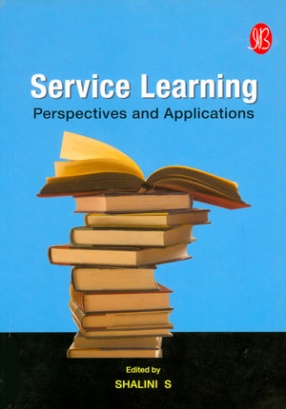
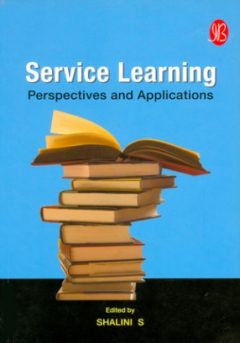
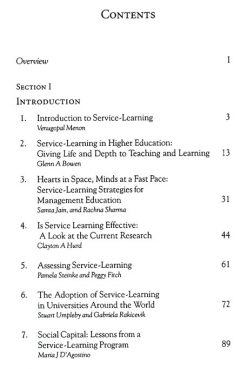
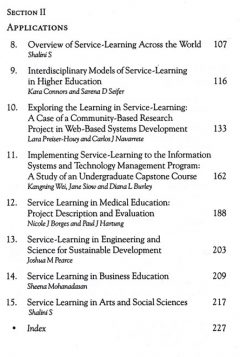


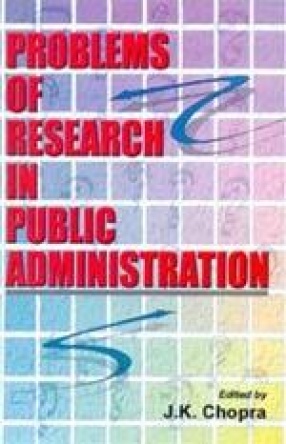
There are no reviews yet.